AI Chatbot have become an essential part of digital interactions, improving how businesses communicate with customers, automate tasks, and handle queries. Their real-world applications continue to expand, making industries more efficient while ensuring a better user experience. Businesses have recognized that well-designed chatbots do much more than answer basic questions—they drive engagement, provide personalized assistance, and even increase revenue.
Customer Support Automation
One of the most common AI chatbot applications is customer service. Businesses that operate in retail, banking, travel, and tech support use AI-driven chatbots to handle a wide range of customer inquiries. These chatbots answer frequently asked questions, provide troubleshooting steps, and escalate issues when needed. In comparison to human representatives, chatbots offer 24/7 availability and faster response times, which improves customer satisfaction.
AI Chatbots in E-commerce
E-commerce platforms have adopted AI chatbot to guide customers throughout their shopping journey. These chatbots recommend products based on user preferences, answer questions about shipping policies, and provide real-time order tracking. Some even handle complaints and returns efficiently.
Similarly, brands are using AI-driven personalization to recommend products that match a customer’s past purchases and browsing behavior. AI-powered chatbots ensure that customers receive personalized suggestions without the need for human intervention.
Chatbots in Healthcare
The healthcare sector has seen a major shift with AI chatbots assisting patients and medical professionals alike. Virtual assistants help users book appointments, provide reminders for medication, and even assess symptoms through AI-driven diagnostics. Some hospitals use chatbots to guide patients through pre-screening processes, saving time for doctors.
In particular, mental health support chatbots have gained popularity. These bots offer an anonymous space for users to share their thoughts and receive AI-generated coping strategies. Although they don’t replace therapists, they provide a preliminary level of support.
AI Chatbots in Banking and Finance
Financial institutions have implemented chatbots to simplify banking operations. Customers can check their account balance, transfer funds, and receive fraud alerts through AI-powered assistants.
Banks are also integrating chatbots for loan applications, investment advice, and financial literacy programs. In the same way, they provide fraud detection by analyzing spending patterns and alerting users to unusual activity.
AI in Real Estate and Property Management
Real estate companies are now using AI chatbots to provide instant property recommendations based on user preferences. These chatbots answer queries about property details, neighborhood insights, and mortgage options.
Additionally, chatbots assist property managers by handling tenant inquiries, scheduling maintenance requests, and processing rental applications. This automation reduces administrative workload and improves response times.
Chatbots in Travel and Hospitality
Travel agencies and hotels rely on chatbots to offer personalized recommendations, book flights, and manage reservations. Travelers can use AI assistants to receive itinerary updates, check-in details, and even language translations when navigating foreign destinations.
AI-powered hotel chatbots handle room service requests, provide concierge services, and guide guests about local attractions. These applications not only improve customer experiences but also reduce the workload of human staff.
AI Chatbots in Education
Educational institutions use AI chatbots to assist students with coursework, answer administrative queries, and provide tutoring support. Universities integrate AI assistants for application guidance, exam schedules, and campus information.
Online learning platforms also benefit from AI chatbots by offering interactive learning experiences, grading assignments, and providing real-time feedback.
AI Chatbots in HR and Recruitment
HR departments are using chatbots to streamline hiring processes by screening resumes, scheduling interviews, and answering frequently asked questions about job openings. AI-driven recruitment assistants help companies filter out candidates based on predefined criteria, saving time and resources.
Similarly, HR chatbots assist employees with internal inquiries related to payroll, benefits, and company policies. This reduces the need for human intervention in repetitive tasks.
Chatbots for AI-Powered Marketing
Marketing teams utilize AI chatbots to engage potential customers through personalized interactions. These chatbots capture leads, segment audiences, and send targeted promotional offers.
Specifically, businesses have integrated AI chatbots into social media platforms to interact with users in real-time, addressing inquiries and boosting conversions.
AI Chatbots in Entertainment and Media
The entertainment industry is leveraging chatbots to provide interactive experiences. Streaming services use AI assistants to recommend movies and TV shows based on user preferences. Music streaming platforms also integrate chatbots to curate personalized playlists.
In addition, AI chatbots engage users with real-time sports updates, news summaries, and interactive storytelling experiences.
AI Chatbots for Personalized Experiences
Some AI chatbots cater to personalized interactions beyond customer service and business applications. For instance, AI girlfriend chatbots provide companionship, engaging users in deep, meaningful conversations. These chatbots adapt to user behavior and preferences, making interactions feel more natural.
Similarly, NSFW AI chat bot applications have seen demand for private, customized conversations. These AI-driven interactions provide users with engaging experiences tailored to their preferences.
Businesses developing these AI-driven applications often require adult web development services to build platforms that handle AI chatbot integration, security measures, and user interface optimization. These services ensure that AI-powered platforms function seamlessly while maintaining user privacy.
Conclusion
Chatbots are continuously evolving, proving their effectiveness across multiple industries. Whether it’s improving customer service, automating business operations, or offering personalized user experiences, AI chatbots play a vital role in modern digital interactions. As technology advances, more industries will incorporate AI-driven assistants to streamline their processes, making AI chatbots an essential part of the future.

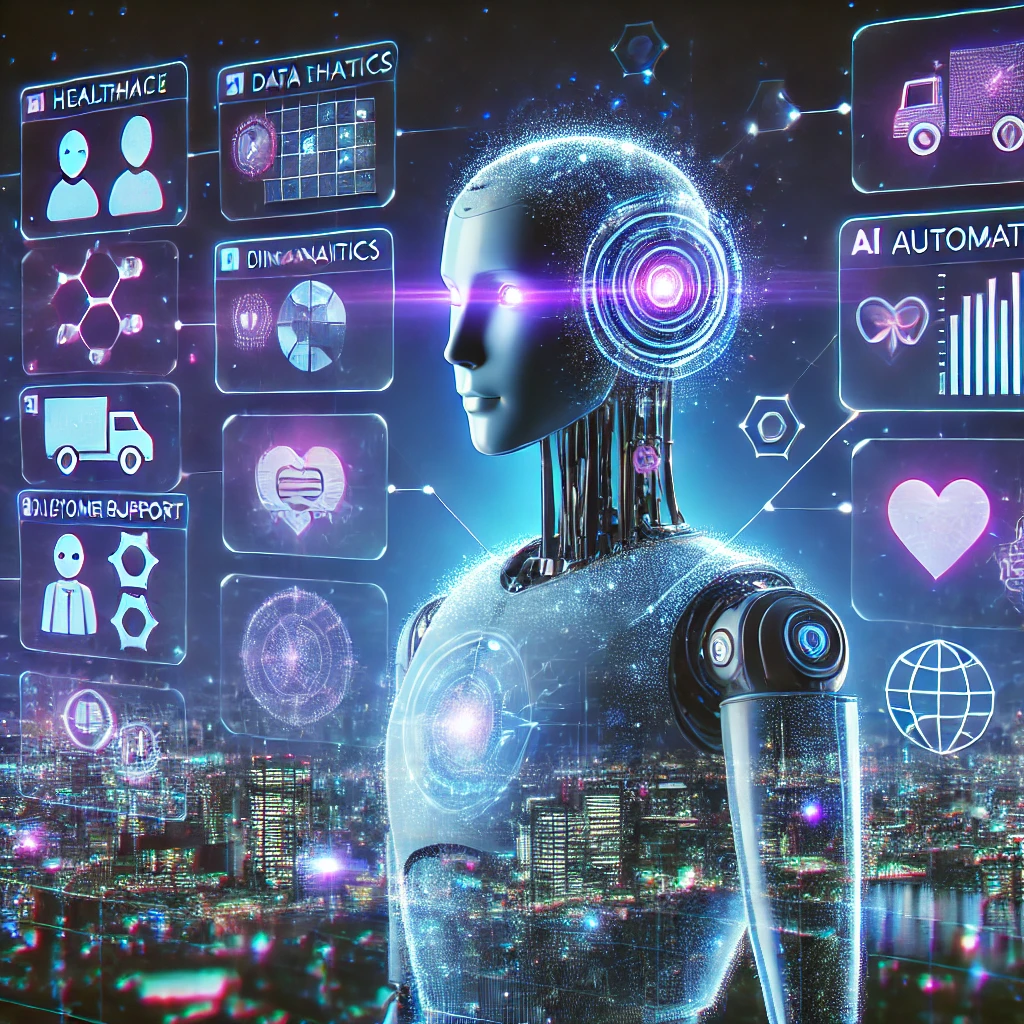


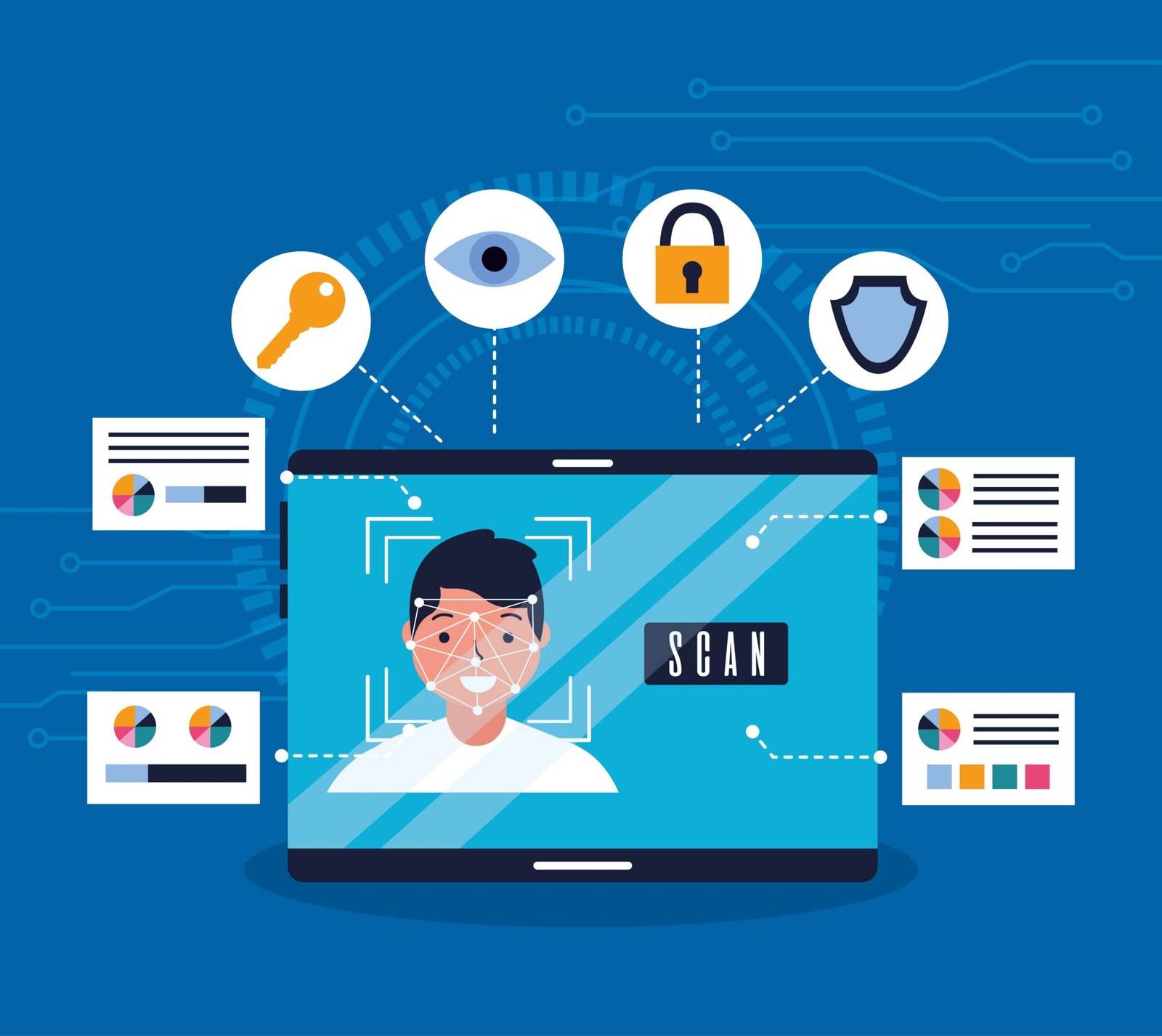
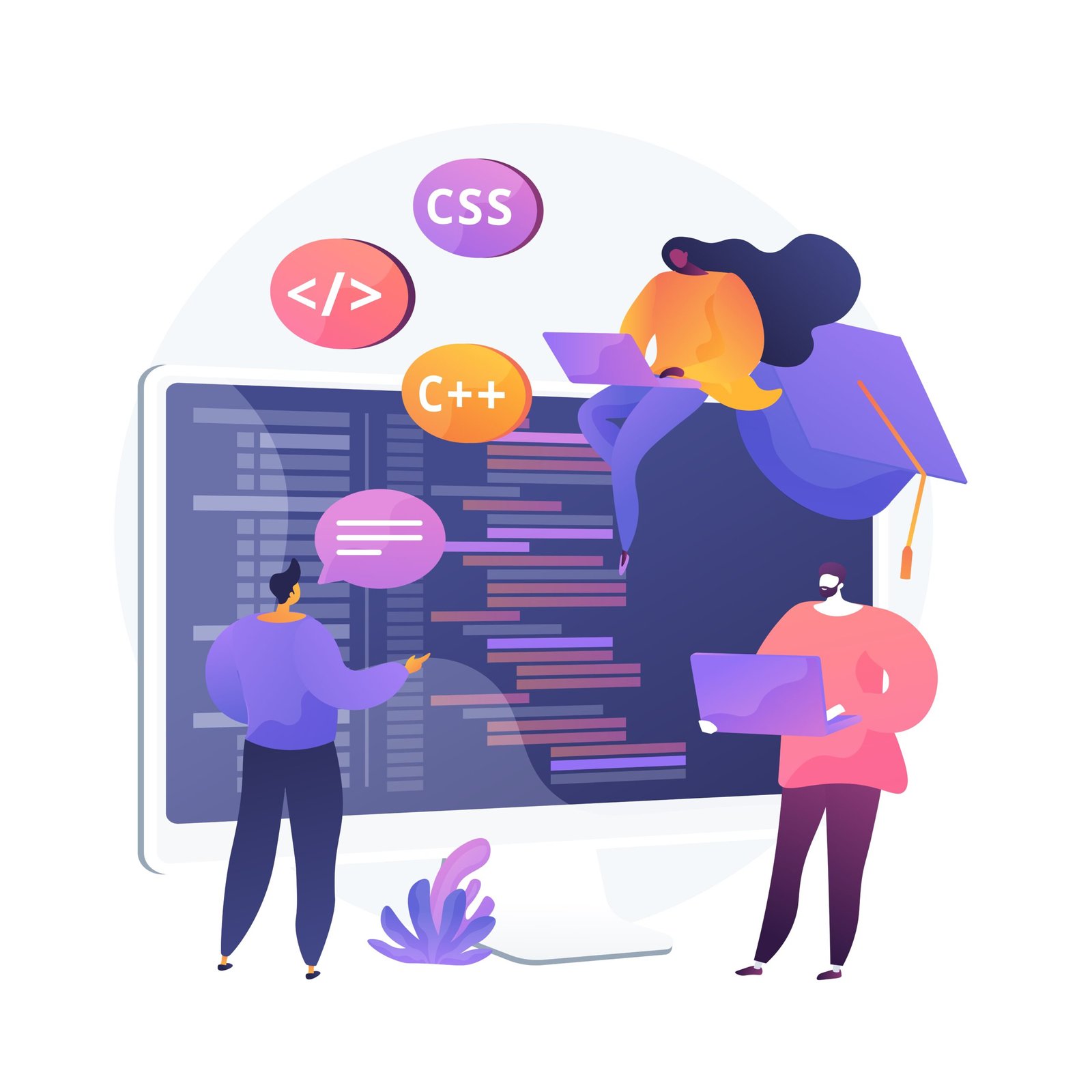


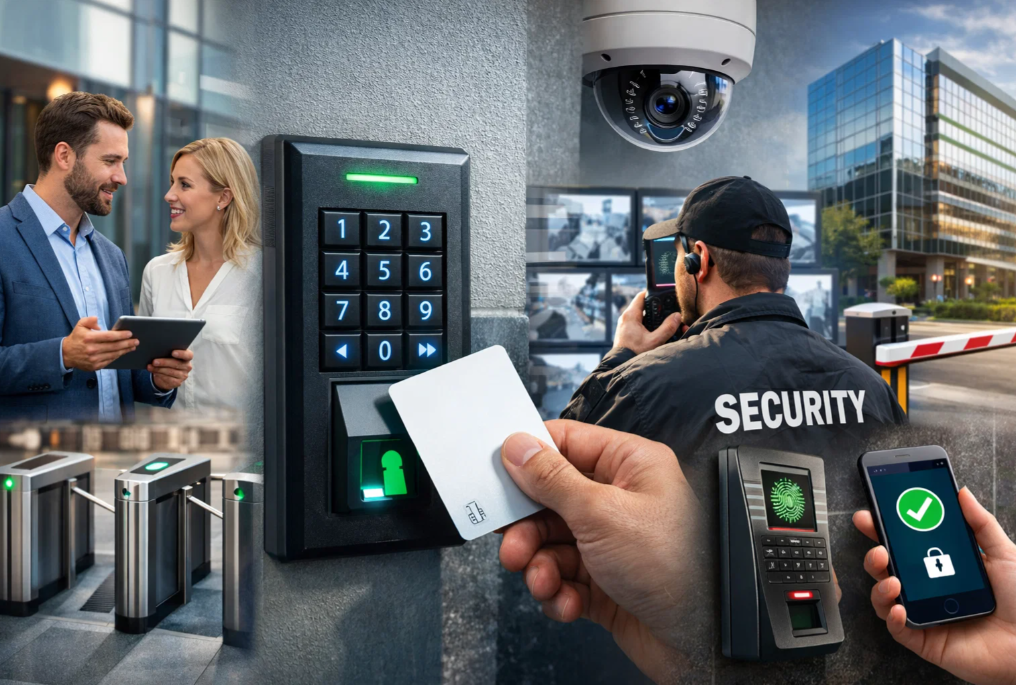
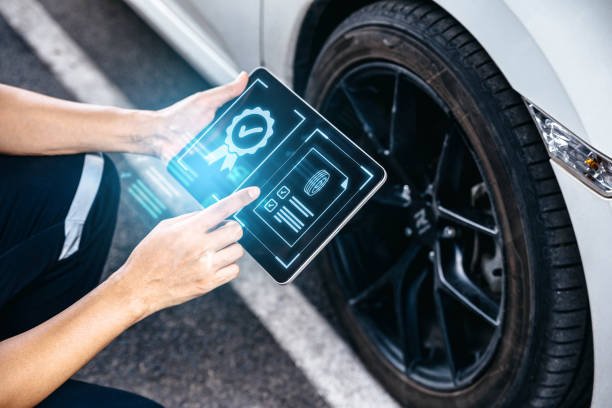
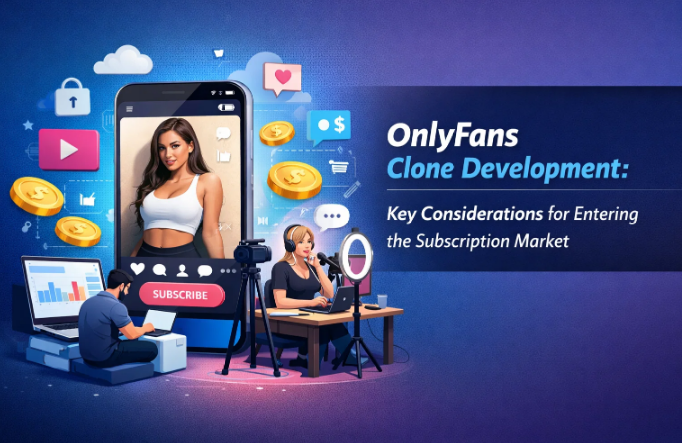

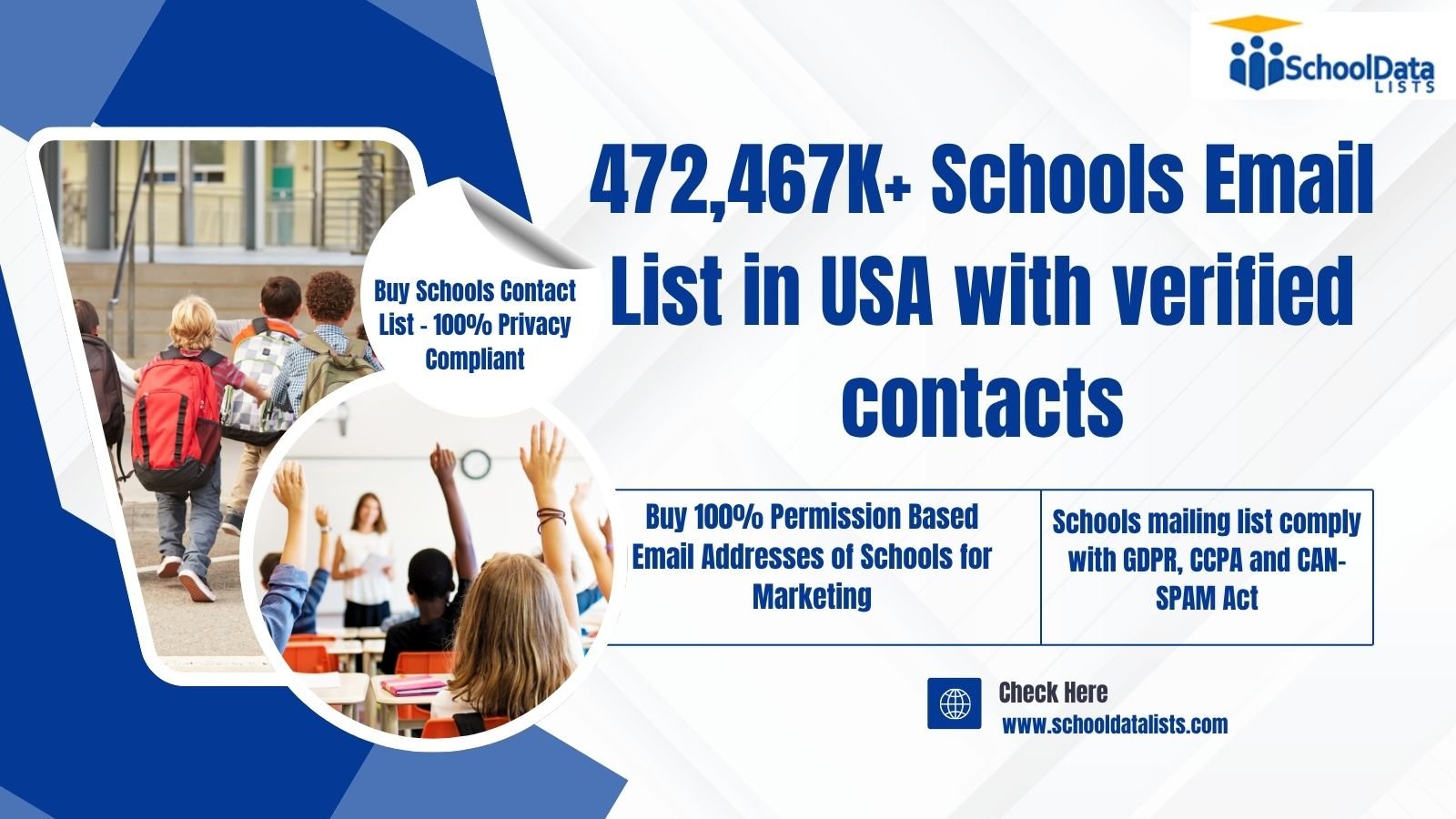



Leave a Reply